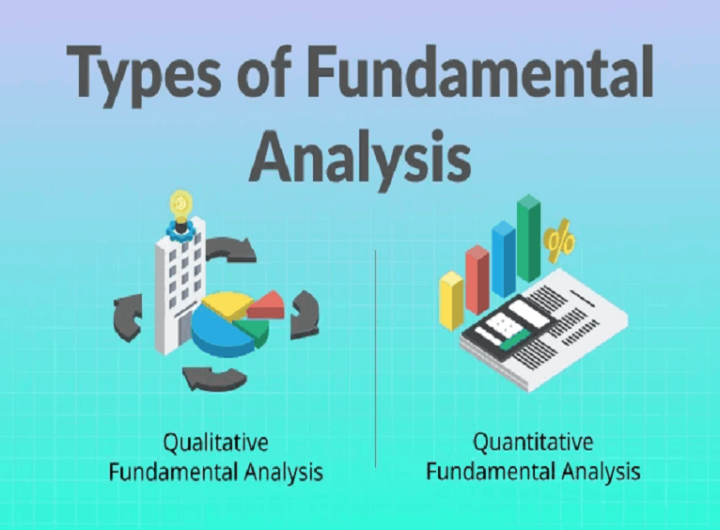
Hard money lending is described in many different ways. Sometimes financial experts refer to it as ‘risky lending’. They go on to explain that hard money lenders make risky loans to people who cannot get traditional bank financing. But just how much risk do hard money lenders assume?
It is true that hard money lending can be risky. But that’s true of any type of lending. There is just as much risk in the mortgage industry. You could even argue there is more risk in credit cards and other forms of revolving credit. The thing about hard money is that it is based on assets rather than a borrower’s good faith and credit. If that gives people the perception of greater risk, so be it.
Assets Offered As Collateral
Hard money lending being asset-based simply means that borrowers put up collateral as backing for their loans. At Actium Partners in Salt Lake City, UT, a certain percentage of their clients are real estate investors. An investor looking to buy a piece of property would use that property as collateral against an Actium loan.
This may be where the assumption about hard money being risky comes from. Why? Because hard money lenders do not dig into every detail of a borrower’s financial life. They pay little attention to credit scores and histories. They don’t do a whole lot to verify income. They mostly want to know if the collateral is valuable enough to cover the loan amount. That is what matters.
Perhaps It’s Less Risky
Given that collateral lays the foundation for hard money lending, perhaps this sort of lending is even less risky than other forms. Think about it. A mortgage lender can shell out a ton of money on a property the borrower will still be making payments on 20 years down the road. There is no possible way the bank can know what the property will be worth that far in the future. So what if the borrower defaults in year 10?
Hard money loans are short-term loans. On average, loans have terms of between 6 and 24 months. There is no guarantee that the borrower’s collateral will still be worth as much a year in, but it is easier to anticipate the short-term as opposed to the long-term property market.
Defaults Are Easier to Deal With
Another aspect to the risk equation is how lenders respond in the event of default. In a mortgage situation, banks are required to go through a lengthy legal process in order to take possession of a property. Disposal requires a whole new process. All told, it often takes banks more than a year to realize any money from a repossession and sale. And even at that, they are not likely to get all they are owed.
Hard money lenders do not have to follow the same process. Because they are private lenders, they have more flexibility when it comes to handling defaults. They can move a lot more quickly, getting things taken care of in several months at the most. This reduces the risk even further.
Careful About Lending
The icing on the cake here is that hard money lenders are careful about what they do. They have no interest in being landlords, so they don’t lend to just anyone who comes along. Hard money lenders need to be convinced that they will get paid, in full and on time, before approval is given.
Every type of lending involves some measure of risk exposure. Hard money lending is not necessarily more risky than conventional lending. It just looks that way from the outside.

 Apply for a Short-Term Loan Quickly
Apply for a Short-Term Loan Quickly  How to Transfer Your Accounting Data to QuickBooks in Broken Arrow, OK
How to Transfer Your Accounting Data to QuickBooks in Broken Arrow, OK  How CPAs Can Help Artists and Creators Manage Royalties Effectively?
How CPAs Can Help Artists and Creators Manage Royalties Effectively?  Tax Reduction Tips for High-Income Earners in Charlotte, NC
Tax Reduction Tips for High-Income Earners in Charlotte, NC  Deep Dive into Fundamental Analysis: Unveiling Growth Potential
Deep Dive into Fundamental Analysis: Unveiling Growth Potential  How Expert Bookkeeping Can Elevate Your Business Operations in Mount Laurel?
How Expert Bookkeeping Can Elevate Your Business Operations in Mount Laurel?  What Is the Role of Side Income in Achieving Independence?
What Is the Role of Side Income in Achieving Independence?  Yext SEO Optimization Guide for Small and Enterprise Businesses
Yext SEO Optimization Guide for Small and Enterprise Businesses  Why Schutts Gas Struts Are the Perfect Choice for Industrial and Commercial Applications
Why Schutts Gas Struts Are the Perfect Choice for Industrial and Commercial Applications  How Loan Calculators Help Borrowers Plan EMIs With Greater Accuracy
How Loan Calculators Help Borrowers Plan EMIs With Greater Accuracy